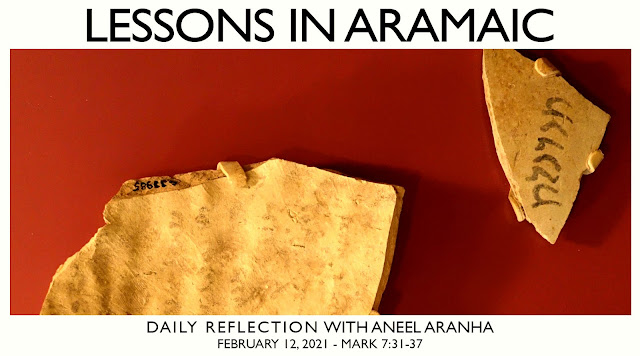Life and Death

And he said, “The Son of Man must suffer many things and be rejected by the elders, the chief priests and the teachers of the law, and he must be killed and on the third day be raised to life.” Then he said to them all: “Whoever wants to be my disciple must deny themselves and take up their cross daily and follow me. For whoever wants to save their life will lose it, but whoever loses their life for me will save it. What good is it for someone to gain the whole world, and yet lose or forfeit their very self? May I ask you to imagine something for a moment, because there is no other way to understand this correctly? Yes? Ok. Imagine you are a Jew in 1st century Palestine. You have been waiting for the Messiah for the longest time, somebody who would liberate Israel from the yoke of Roman rule and establish David's throne again. You've been following this guy called Jesus for a while now, and you've seen him do some pretty fantastic stuff. He is standing in front of you now, ...





